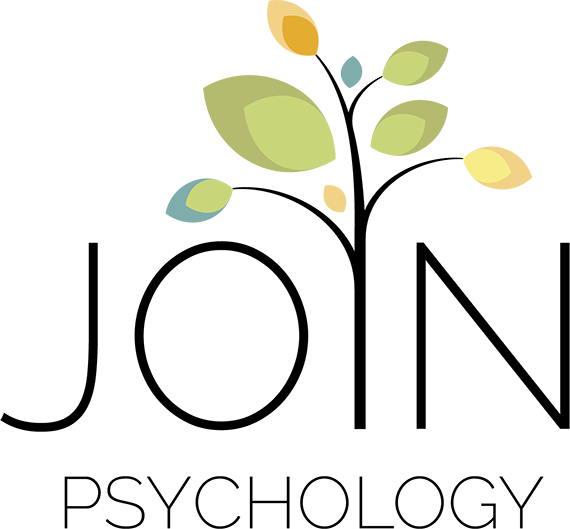Neurodivergence and Trauma
Understanding the Interplay of Trauma and Neurodivergence in Assessments
I have a particular interest and experience in assessing neurodivergence in people who have also experienced difficulties in their childhood and family lives, for example, where they have experienced instability, neglect and harm. Our formative experiences have a profound effect on how we experience and relate to ourselves, other people and the world. The impact of our formative experiences needs to be carefully understood to make sense of how they have shaped us over time.

Experiences of abuse, neglect and relationship difficulties can influence how people relate socially, how flexible they are in their thinking, behaviour and relationships and how they experience, integrate and respond to sensory information. These are also all core characteristics of autism. It is important that an autism assessment takes into account the range of factors which may have affected a person over the course of their life and sometimes, there needs to be a more detailed consideration of the influence of trauma alongside potential underlying neurodivergence.
Similarly, trauma can lead to ADHD-like symptoms due to its impact on the brain and nervous system. Chronic stress and/or traumatic experiences can dysregulate cognitive functioning, which affects attention, impulse control, and emotional regulation, which are also key areas associated with ADHD. Trauma often keeps the brain in a heightened state of alertness, making it difficult to focus or stay organised, while at other times, the brain may shut down as a coping mechanism, leading to forgetfulness or a sense of mental fog. Emotional dysregulation, impulsivity, and restlessness can also emerge as the body attempts to process unresolved stress and/or when a person is in a sustained state of stress. While these patterns may resemble ADHD, they stem from a different root cause, highlighting the importance of a nuanced, trauma-informed approach to ADHD assessment to ensure that we arrive at the right explanation of a person's needs and a suitable support plan is put in place.
If you've spent many years feeling misunderstood and need help unpicking the complex interplay of trauma and possible neurodivergence in your life, contact me today and together, we can begin to make sense of things.
Understanding the Interplay of Trauma and Neurodivergence in Therapy
There are many aspects of the experience of being neurodivergent which increase the likelihood that a neurodivergent person may experience trauma, including complex and acute trauma. Neurodivergent people may also experience complex trauma or Post-Traumatic Stress Disorder (PTSD) differently due to their unique sensory, emotional, and cognitive processing patterns. Heightened sensitivity, difficulty navigating neurotypical environments, or being misunderstood and marginalised can amplify the likelihood and impact of trauma. For some, trauma may be deeply intertwined with experiences of masking, social rejection, or burnout, compounding feelings of shame and isolation. Additionally, the way neurodivergent individuals process and store memories may intensify trauma responses, leading to sensory overload, dissociation and difficulties with emotional regulation. Recognising these unique experiences is essential for effective and affirming support.
Therapy with neurodivergent people who experience trauma needs to be both neuro and trauma-informed, creating a safe, accessible, and validating space. This involves understanding the needs of neurodivergent people and adapting therapy appropriately. Therapy should also recognise the impact of systemic barriers and the impact of masking or navigating a predominantly neurotypical world, which may not recognise and respect neurodivergent ways of being.
I have many years' experience in assessing neurodivergence and trauma and working therapeutically to help my clients better understand themselves, their thoughts, emotions, bodies and relationships. For me, a strengths-based, collaborative approach is essential to help my clients feel safe in the therapeutic relationship, which then supports an increasing capacity for feeling safe and regulated in their bodies, relationships and lives. Please get in touch if you'd like to find out more about working with me to help you understand your experiences of neurodivergence and trauma.








